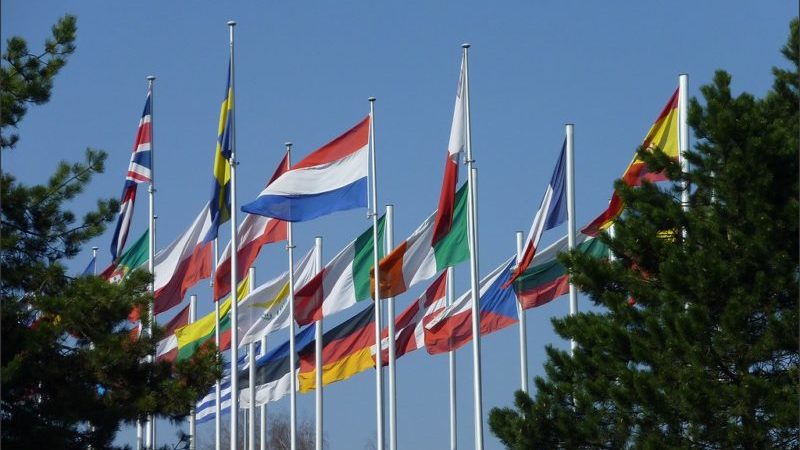It looks more likely than ever the EU will up its medium and long-term ambition on climate change in the next political cycle.
Ursula von der Leyen, the nominee to take over as European Commission president, backs hiking the bloc’s carbon reduction target from 40% to 50% by 2030 and going carbon neutral by 2050.
It’s a significant step by the centre-right politician. While not enough to satisfy the Greens, who point to parliamentary support for 55%, it goes beyond the 45% projected with existing policies.
Yet the diffuseness of European power has left the world’s third largest emitter struggling to fill the climate diplomacy vacuum left by the US when Donald Trump entered the White House – particularly with respect to China.
Chloé Farand looks at what that means for UN chief Antonio Guterres’ hopes of spurring a race to the top, with his landmark summit this September.
Climate conversations
Why we need a non-proliferation treaty for fossil fuels – Peter Newell and Andrew Simms, University of Sussex
AIIB must stop backing gas in climate-hit Bangladesh – Petra Kjell, BIC Europe
Finland’s forestry myth undermines its radical climate ambition – Kaisa Raitio, Swedish University of Agricultural Sciences
Putin, defender of worms
When you think you’ve heard all the anti-wind power talking points, Russia’s president comes out with a doozy.
Vladimir Putin told a conference the turbines “shake so much that worms come out of the ground”. There is no evidence of this, but it seems to have got a laugh.
On a more serious note, Russia is finally gearing up to ratify the Paris Agreement and bring in climate legislation.
*Calling African journalists*
We are looking for original, hard-hitting stories on links between climate science and African development. Details of how to pitch here
Voting for credibility
It may sound like a dry procedural detail, but the fact it took until 3am for the Green Climate Fund to agree hints at how contentious the prospect of making decisions without unanimity is.
After years of stalemate, the fund’s board finally settled on a voting system to end the veto power of individual members.
That should boost confidence in the flagship fund as it seeks a fresh round of contributions from rich countries.
Quick hits
- Asset managers worth $15 trillion make climate risk promise to Macron
- Families appeal EU court dismissal of ‘People’s Climate Case’
- UK told to close climate policy gap or ‘be embarrassed’ in 2020
- David Attenborough: Climate change may become abhorred as much as slavery
- France announces tax on air travel in climate push
